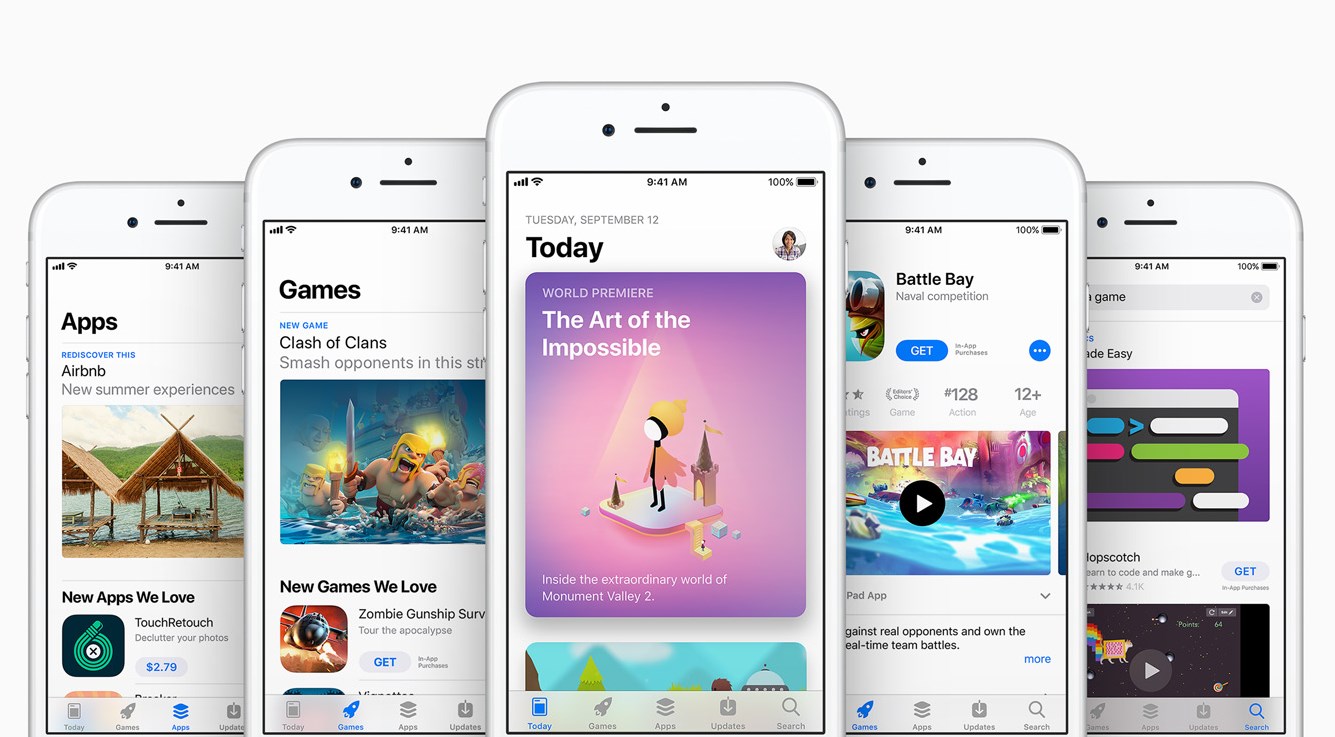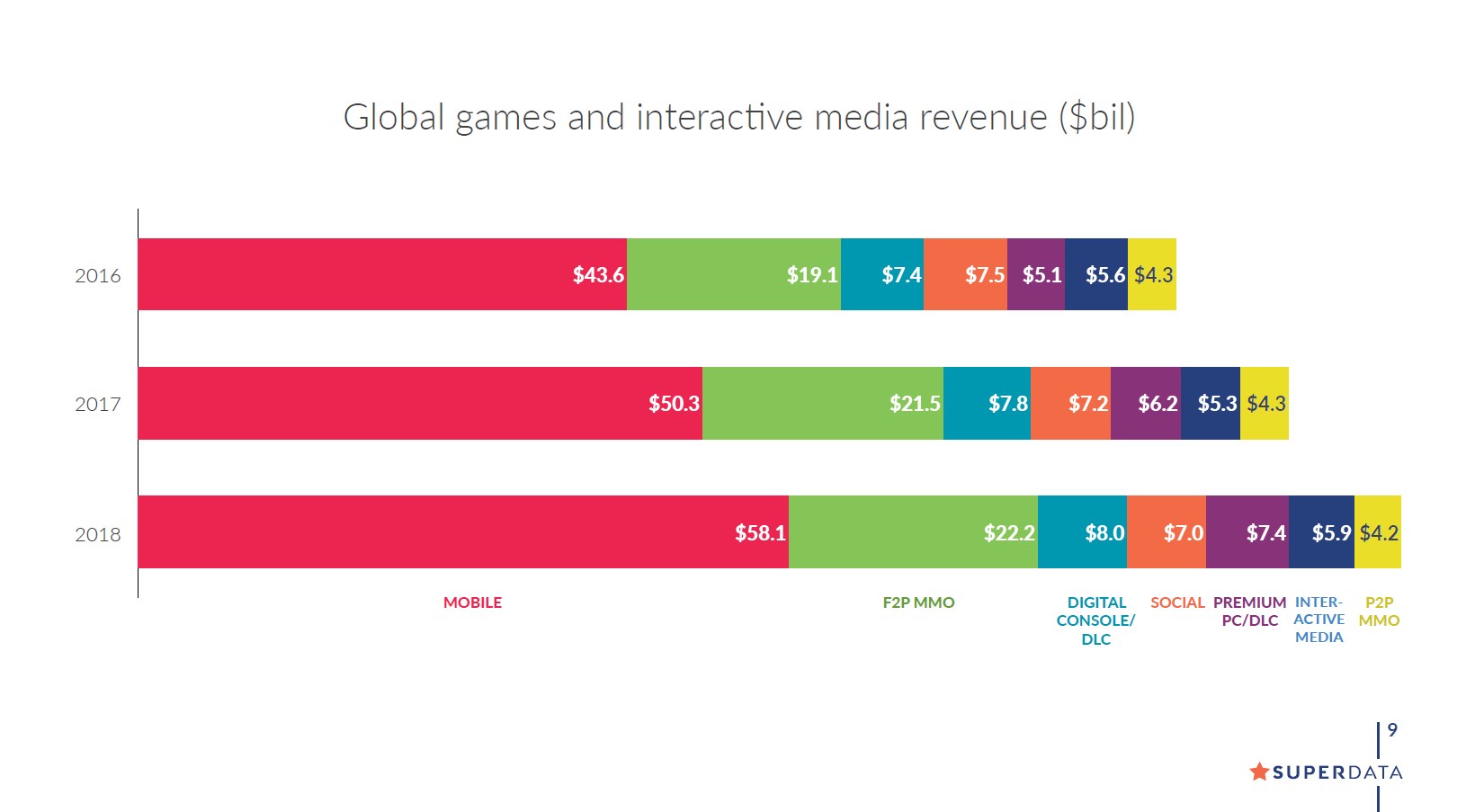Apple now requires App Store games to disclose loot box odds
An update to the App Store rules states that drop rates must be disclosed prior to purchase.

Apple rolled out an update to its App Store Review Guidelines yesterday with a new rule requiring apps with loot boxes to disclose the odds of item drops. "Apps offering 'loot boxes' or other mechanisms that provide randomized virtual items for purchase must disclose the odds of receiving each type of item to customers prior to purchase," the new rule (under section 3.1.1) states.
Loot boxes are probably the biggest videogame controversy of the year, an outrage largely sparked by their use in Star Wars Battlefront 2 that has spilled over into more widespread concern about randomized item drops. The problem isn't so much the randomization itself (it kept me playing through more hours of Diablo than I care to admit) than it is the relatively recent trend of charging players for the privilege of rolling the dice: Instead of buying whatever it is you need to get on with your in-game life, you buy a box and hope it's inside. And then another. And another. And another. And another.
OK, one more.
That, in the opinion of some, equates to gambling, which is where the matter gets sticky. Rating agencies ESRB, PEGI, and Ukie all say loot boxes are not a form of gambling, as do publishers such as EA and Take-Two, but there's a big push for greater regulation from outside the industry—and from players, too, who feel they're being taken advantage of by premium-priced games that leverage free-to-play-style mechanics.
Generally speaking, the game industry would rather address this matter itself than have to deal with government regulation and the potential unexpected consequences that could result. If loot boxes are legally defined as gambling in the US, for instance, the ESRB (perhaps now under federal supervision) would be obligated to rate any game containing them as Adults Only, which could have a significant impact on their availability and price. It's all potentially very hairy, which is why it's not surprising to see Apple taking steps to get ahead of it.
Mobile isn't our thing but this is very relevant to our interests, because mobile gaming is big and the App Store is king. With this precedent, along with the new law in China that requires the same disclosure for all games, drop rate disclosures could start to become more common everywhere—though we'd expect big publishers to hold out for as long as they reasonably can. (The question after that is whether it will be enough to satisfy gamers who are simply sick and tired of seeing the stuff they want locked behind an RNG gate, which is unlikely.)

The biggest gaming news, reviews and hardware deals
Keep up to date with the most important stories and the best deals, as picked by the PC Gamer team.

Andy has been gaming on PCs from the very beginning, starting as a youngster with text adventures and primitive action games on a cassette-based TRS80. From there he graduated to the glory days of Sierra Online adventures and Microprose sims, ran a local BBS, learned how to build PCs, and developed a longstanding love of RPGs, immersive sims, and shooters. He began writing videogame news in 2007 for The Escapist and somehow managed to avoid getting fired until 2014, when he joined the storied ranks of PC Gamer. He covers all aspects of the industry, from new game announcements and patch notes to legal disputes, Twitch beefs, esports, and Henry Cavill. Lots of Henry Cavill.

